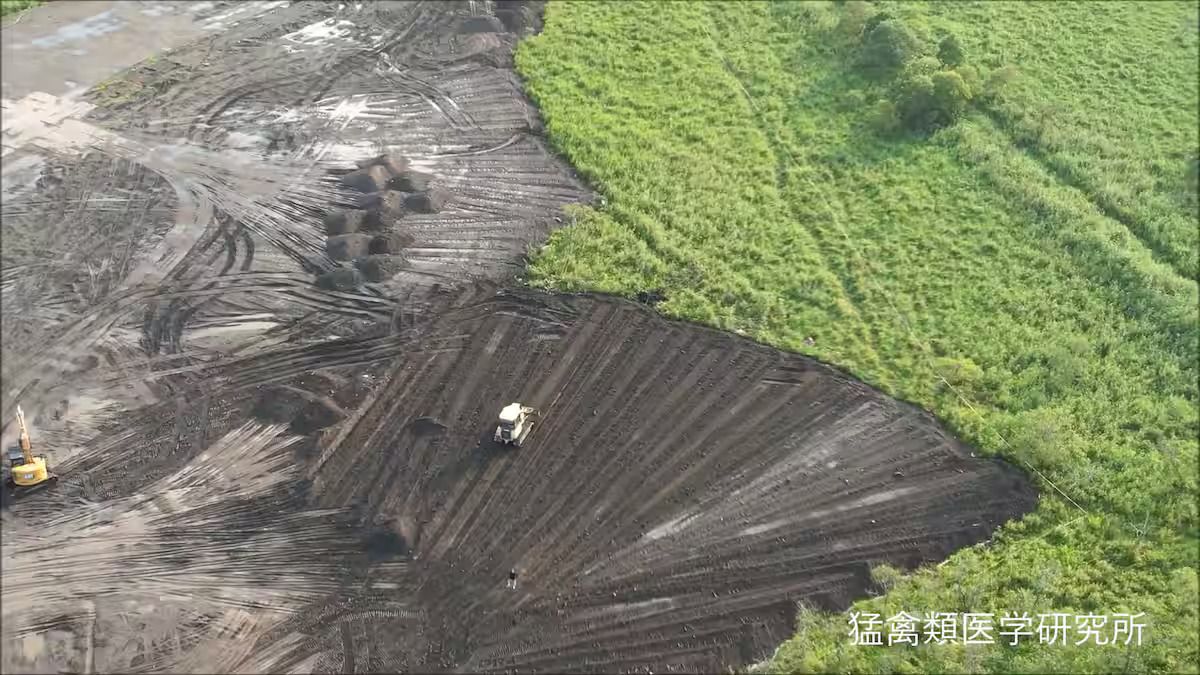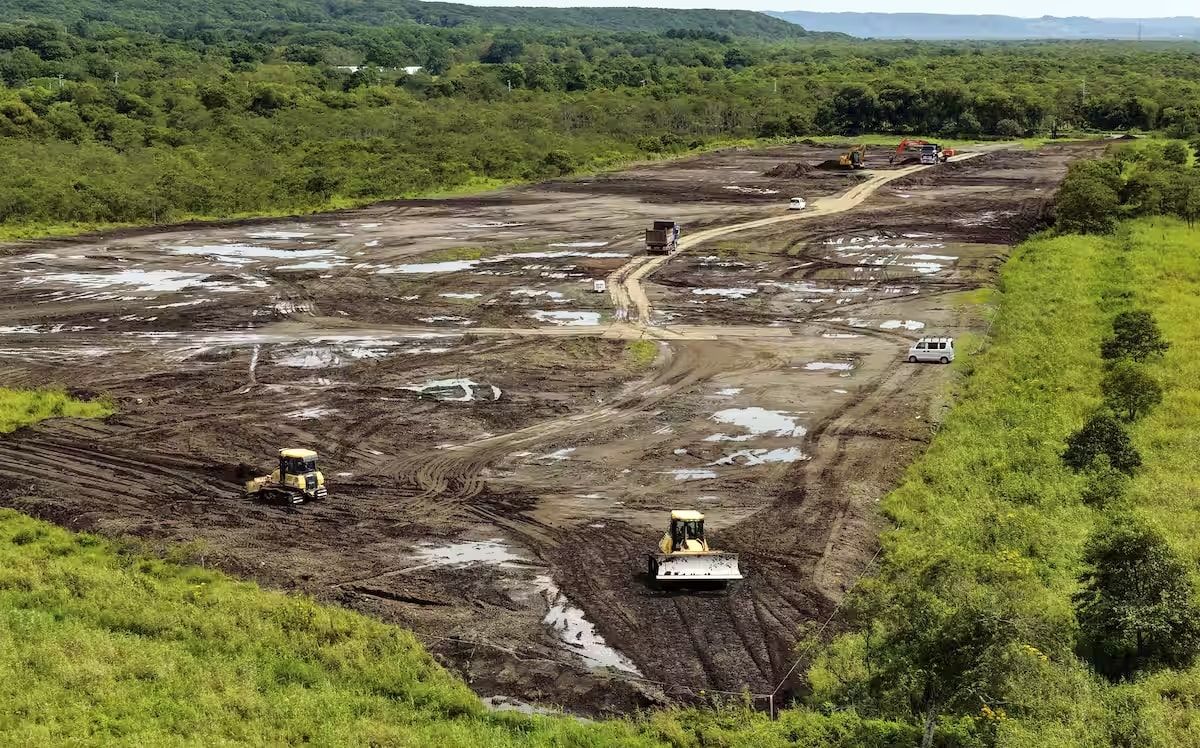Is Deforestation Really Eco-Friendly?
北海道の釧路湿原は、タンチョウやオジロワシなど希少な生き物が暮らす日本最大の湿地です。 ところが、その周辺で大規模太陽光発電所(メガソーラー)の建設が進み、森林伐採や景観の変化が問題になっています。自然を守りつつ再生可能エネルギーを進めるには、どんな工夫が必要だと思いますか?講師と一緒に話してみましょう。

1.Article
Directions: Read the following article aloud.
※本ページは出典ニュース記事を要約した英文です。
According to Noguchi, wherever mega-solar projects appear, local communities are left in distress. "People come to my office saying, 'Please help us do something,'" he explained. In 2019, he even convened a national conference in Tokyo to discuss the growing wave of problems nationwide.
Kushiro Shitsugen, Japan's largest wetland, is protected as a national park, with its core zone listed under the Ramsar Convention. It serves as a vital breeding ground for the red-crowned crane, a designated special natural monument, and also provides habitat for white-tailed and Steller's sea eagles. Rivers winding through its reedbeds, sedge fields, and alder forests shelter the giant freshwater fish, ito (Japanese taimen).
But this delicate ecosystem cannot withstand unchecked development. Kushiro City has already identified 27 mega-solar projects planned or under construction nearby. Although the wetlands are surrounded by zoning that limits urbanization, outdoor solar installations are exempt from the Building Standards Act, a loophole that developers have been quick to exploit.
Noguchi has spoken out about mega-solar many times on social media, but the response to Kushiro was unprecedented. "Frankly, I was surprised," he admitted. "The words 'Kushiro Wetlands' have such an impact, and I think frustration and anxiety had already been building up."
Developers, Noguchi acknowledged, are operating within the law, which makes halting projects difficult. But after Dr Keisuke Saito, head of the Institute for Raptor Biomedicine Japan, shared footage from the site, Noguchi decided it was time to speak out.
He also revealed that entertainer Tsuyoshi Tsuruno has agreed to visit Kushiro. "If possible, I'd like to hold a press conference there," Noguchi said. He and Dr Saito are also discussing the idea of a national conference in Kushiro.
To have impact, he added, private groups must work together with Kushiro City, which has declared "No More Mega-Solar.“
Noguchi questioned whether destroying nature in order to produce clean energy makes any sense. "Cutting down forests and altering the landscape — can that really be called eco-friendly?" he asked.
He noted that Germany imposes strict requirements, such as creating six times more forest to offset trees removed for facility construction. "In Japan," he said, "development has gone ahead without any such legal framework."
He added that while the Fukushima nuclear accident was one trigger for the solar boom, Japan now urgently needs new rules and restrictions.
Noguchi also expressed concern about the long-term future of the facilities, particularly those operated by foreign firms. "Will they really take responsibility for disposing of panels after their lifespan ends?" he asked.
Utilities are required to buy solar-generated electricity — a system whose durability he questioned. "That won't last forever," Noguchi said. "Once companies say, 'We won't buy anymore,' and profits disappear, I fear the panels will simply be abandoned.“
Noguchi stressed that he is not opposed to solar energy itself. "I'm not saying mega-solar is bad," he clarified. "But when it spreads unchecked, without proper laws and safeguards, what happens then?"
The answer, he argued, is for the issue to be debated nationally. "If people across Japan think about it together, the government will be forced to act.“
本教材は、一般社団法人ジャパンフォワード推進機構、株式会社産経デジタルより許諾を得て、産経ヒューマンラーニング株式会社が編集しています。
テキストの無断転載・無断使用を固く禁じます 。

